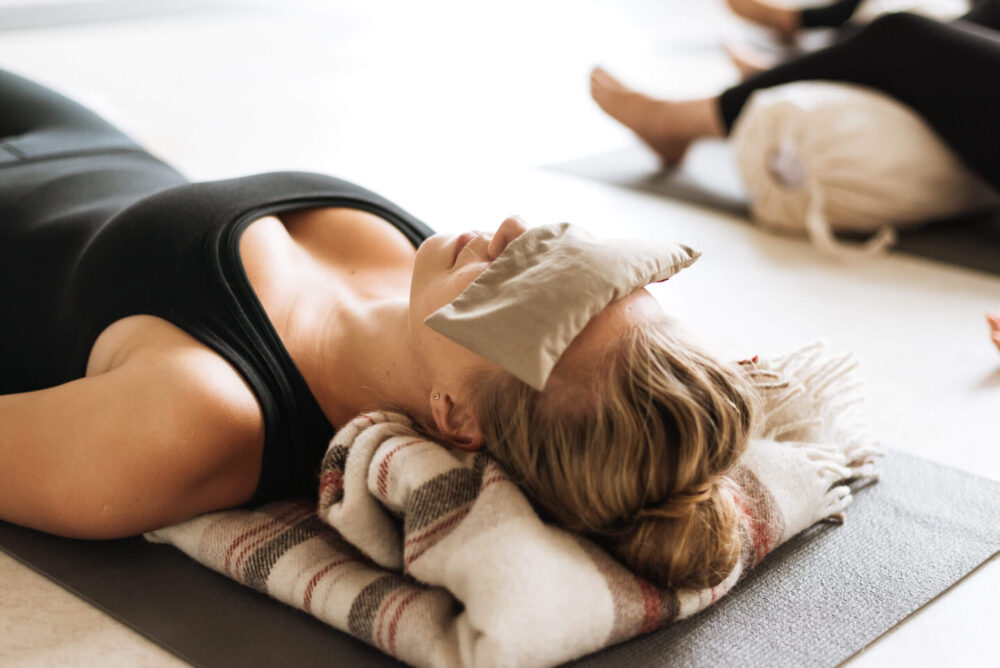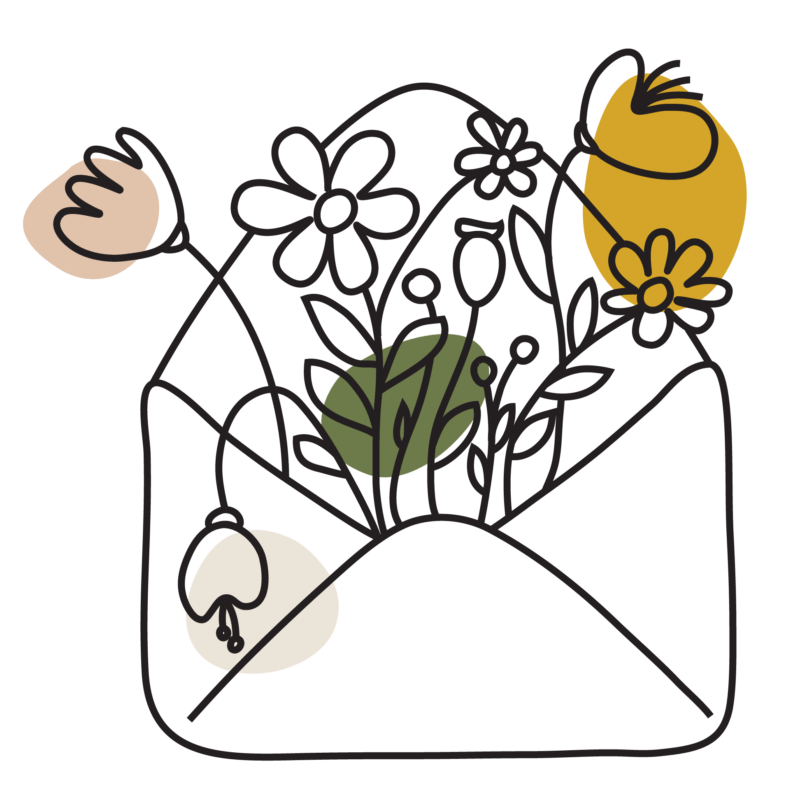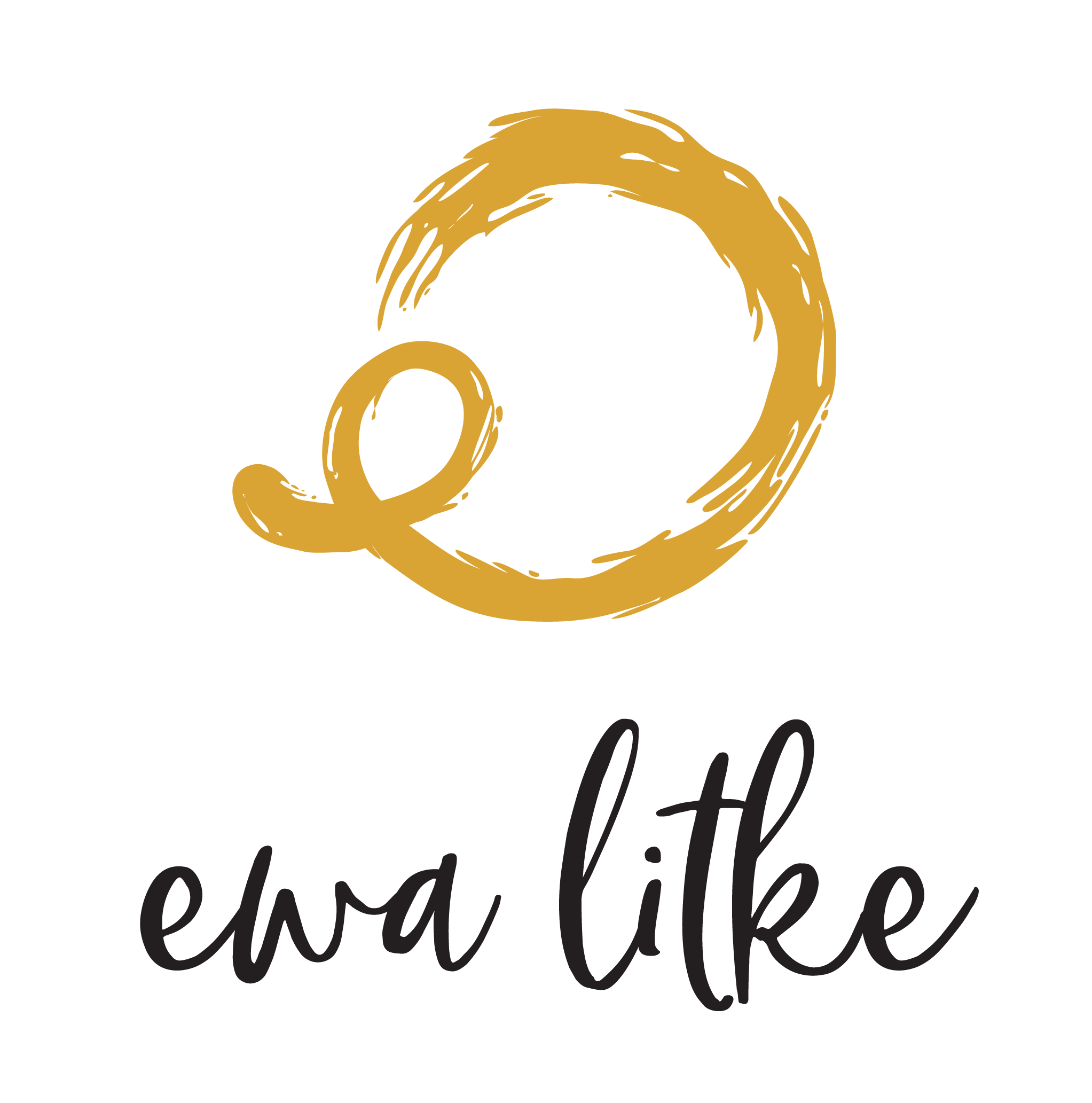The Art of Rest: Why We Need It More Than Ever

About two years ago, something felt off. The first red flag? Constant exhaustion—no matter the time of day. I’d wake up and go to bed equally drained.
Living in the Bubble
I have a confession to make.
I’m not so good at resting.
Sounds ironic coming from a mindfulness teacher, right? But even in my wellness bubble, the obsession with making the most of every moment has settled in for good. Why just sit with a cup of tea when I could meditate? Why unwind with an Agatha Christie novel when there’s another self-development book to read?
Sure, this approach has helped me complete amazing courses, listen to thousands of podcasts, and run more kilometers than I ever thought possible.
But did I actually feel better at the end of the day?
Not really.
Running on Empty
About two years ago, something felt off. The first red flag? Constant exhaustion—no matter the time of day. I’d wake up and go to bed equally drained. My immune system was shot, my body struggled to keep up with life (let alone workouts), and my focus and enthusiasm for work faded. I even started waking up in the middle of the night, unable to fall back asleep.
Looking back, it’s no surprise I felt wrecked every morning.
If I could handle caffeine, I would have been drowning in coffee. But since I’ve never reacted well to it, I had no choice but to face my exhaustion head-on.
Rest: A Skill We Need to Learn
The first thing I did? Took a hard look at my daily habits. And I realized that among all my “good” activities, one crucial element was missing: recovery.
Now, I’m not talking about sleep—that’s a biological necessity. Chronic sleep deprivation can literally kill you. But rest—as in intentional mental and physical recovery—isn’t just a luxury. It’s essential.
Research links a lack of rest to increased risks of cardiovascular disease, type 2 diabetes, obesity, and mood disorders. On a cognitive level, it messes with memory, concentration, and overall brain function.
So of course, we know we need to rest. The problem? Many of us have forgotten how. I can’t even tell you how many times I’ve heard people say, “I don’t even remember how to rest.”
The good news? According to Claudia Hammond, author of The Art of Rest, rest is a skill. And like any skill, we can relearn it.
5 Ways to Rest Better
During my conversation with rest coach Paulina Patro, she shared some simple but powerful strategies to make rest more effective:
- Rest Differently Than You Live
If you spend all day sitting at a desk, staring at a screen, maybe skip the Netflix binge and go for a walk instead. If your day is physically demanding, then yes, collapsing on the couch is absolutely the right move. - Rest Regularly—Not Just When You Crash
Short breaks throughout the day are better than pushing through exhaustion all week and then spending Sunday in a near-comatose state. The same goes for vacations—research suggests that frequent, shorter breaks do more for our well-being than one long holiday per year. - Switch It Up
Not all rest looks the same. Some days, you’ll crave quiet; other days, you’ll need stimulation. Try different forms of rest—mindfulness, creative activities, movement—and see what works for you in the moment. - Rest Together
Whenever possible, rest with others. Studies show that social connection triggers oxytocin, the “feel-good” hormone linked to safety and relaxation. Instead of isolating, find ways to unwind in a supportive, enjoyable environment. - Schedule It Like an Appointment
You wouldn’t skip a dentist appointment, so why not schedule your breaks, too? Block time in your calendar for rest—both short pauses and longer breaks. And most importantly, treat them as non-negotiable.
Rest More—Not Less
Now, I get it—this all sounds great in theory. But life happens. Some seasons are overwhelming, and even with the best intentions, rest can feel impossible.
Modern life demands a lot from us. As psychologist Mirka Kolmaga explains, “Our brains evolved for a very different reality.” We’re expected to do more at work, show up 100% in our personal lives, and keep up with a world that never slows down.
And here’s the kicker: The less we rest, the more overloaded our brains become. Kolmaga points out that today’s lifestyle—fast food, less movement, constant screen time—keeps our stress and reward systems on overdrive while neglecting the nervous system’s ability to calm down.
Which means? We don’t just need rest. We need more of it than ever before.
For me, mindfulness and tuning into my body help. They’re the foundation of what I teach in all of my courses and workshops. The truth is, our bodies send us signals all the time—we just don’t always listen.
So maybe, just maybe, it’s time to give our restless minds a break and start listening to our bodies instead?
Przeczytaj więcej na podobny temat:
Cycle Syncing in Practice: Aligning Your Diet, Work, and Exercise with Your Cycle
Now that we’ve explored the phases of your cycle and the idea of cycle syncing, it’s time to dive into the exciting part: how to bring this knowledge into your daily life!
Cycle Syncing – On Hormones, Cycles, and Mindfulness
Ever wonder if tuning into your natural hormone shifts could actually make you feel better? Spoiler alert: it can! With a practice called cycle syncing, you’re not just boosting your health—you’re bringing your body back into balance.
Filling Your Cup: On the Art of Self-Care
How many metaphorical (or literal) falls could you avoid if you took better care of yourself and your needs?




0 Comments